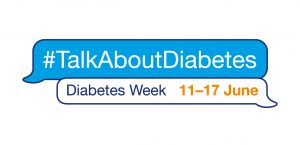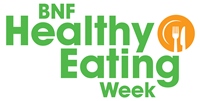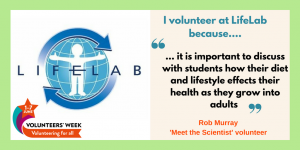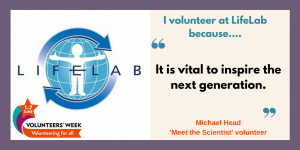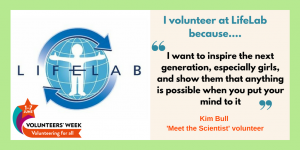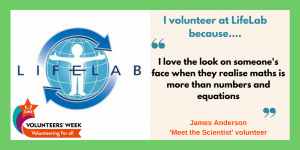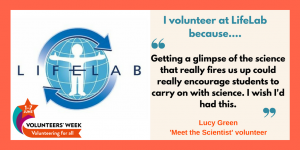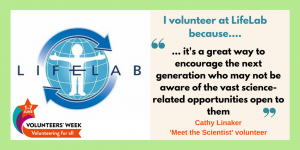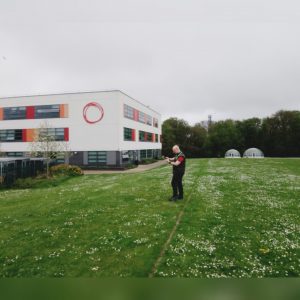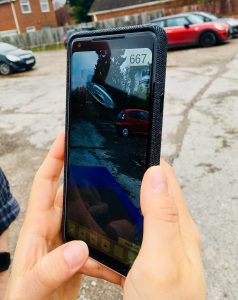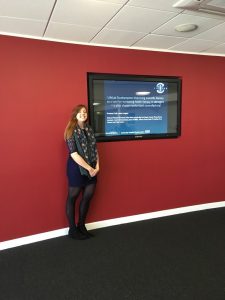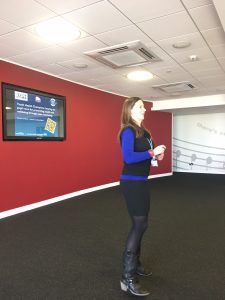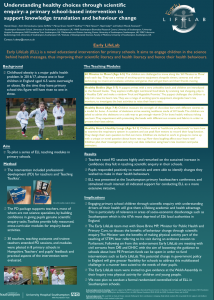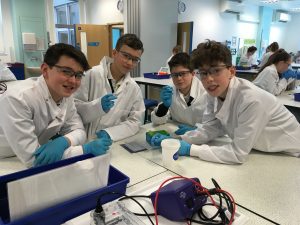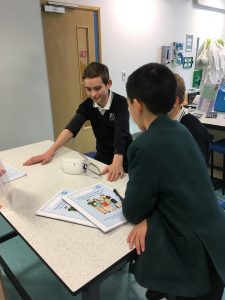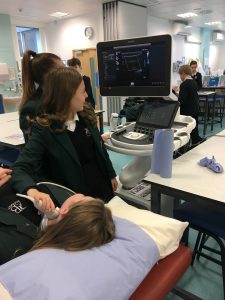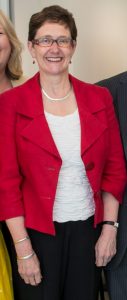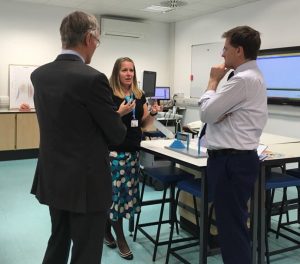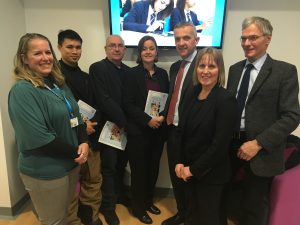In this week’s blog, programme leader Kathryn Woods-Townsend talks about her involvement in the ukactive initiatives to get our children fitter, and how LifeLab is supporting it all the way…
Plotting the next chapter in the health of Britain’s children is the aim of a new initiative by an organisation set up to tackle the growing problem of inactivity amongst children.
It was two years ago that ukactive published their “Generation Inactive” report, exploring inactivity in schools, highlighting the issue and how things need to change.
In an effort to address this issue from all quarters ukactive is now compiling a new report.
At the ukactiveKIDS Council Forum, Baroness Tanni Grey-Thompson called for submissions from across the children’s activity sector to feed into the report which is due to be published at ukactive’s National Summit on 12 September and which will take a wide-lens view of the opportunities to improve children’s health.
ukactive wants written evidence which captures the views of children, parents, teachers, activity providers, social workers, policy experts, business leaders, healthcare professionals and government stakeholders, to help plot the next chapter in the health of Britain’s children.
Baroness Grey-Thompson said: “It takes a whole community to raise a child and that is why ukactive needs your help to build the evidence base and shape the physical activity landscape for young people.”
As part of this call for evidence (https://www.ukactive.com/ukactive-kids/), ukactive is hosting a series of focus groups across the country and LifeLab was proud to host the first of these.
The groups are considering a range of questions such as the challenges faced by institutions like schools to contribute to children’s physical activity, what challenges physical environments pose, how do social environments influence children’s activity levels and what is currently working to engage young people in activity.
Themes already identified include the need for a whole-system approach with the need for everyone to collaborate together. To succeed, any plan needs to be fun, to have parental engagement and have a good evidence base for planned projects.
UKactive is now gearing up towards a whole host of events and engagement activities to promote the importance of being active, but a key date in the diary is National Fitness Day that takes place on September 26.
The idea for the campaign was launched at a parliamentary event this month, hosted by the Speaker John Bercow. Ideas for the event to showcase the day came from Key sponsors Myzone and AxaPPP who tabled the idea of coming to work an hour later, to use the time for exercise. The idea of doing 10 minutes of exercise on the day itself under UKactive’s 10@10 initiative was also promoted.
The campaign is also calling for inspiring stories for people to share from across the UK to help promote the national initiative.
LifeLab will be throwing its weight behind this event and doing whatever we can to support the effort to get our children more active. Find out more here.
Plotting the next chapter in the health of Britain’s children is the aim of a new initiative by an organisation set up to tackle the growing problem of inactivity amongst children.
It was two years ago that ukactive published their “Generation Inactive” report, exploring inactivity in schools, highlighting the issue and how things need to change.
In an effort to address this issue from all quarters ukactive is now compiling a new report.
At the ukactiveKIDS Council Forum, Baroness Tanni Grey-Thompson called for submissions from across the children’s activity sector to feed into the report which is due to be published at ukactive’s National Summit on 12 September and which will take a wide-lens view of the opportunities to improve children’s health.
ukactive wants written evidence which captures the views of children, parents, teachers, activity providers, social workers, policy experts, business leaders, healthcare professionals and government stakeholders, to help plot the next chapter in the health of Britain’s children.
Baroness Grey-Thompson said: “It takes a whole community to raise a child and that is why ukactive needs your help to build the evidence base and shape the physical activity landscape for young people.”
As part of this call for evidence (https://www.ukactive.com/ukactive-kids/), ukactive is hosting a series of focus groups across the country and LifeLab was proud to host the first of these.
The groups are considering a range of questions such as the challenges faced by institutions like schools to contribute to children’s physical activity, what challenges physical environments pose, how do social environments influence children’s activity levels and what is currently working to engage young people in activity.
Themes already identified include the need for a whole-system approach with the need for everyone to collaborate together. To succeed, any plan needs to be fun, to have parental engagement and have a good evidence base for planned projects.
UKactive is now gearing up towards a whole host of events and engagement activities to promote the importance of being active, but a key date in the diary is National Fitness Day that takes place on September 26.
The idea for the campaign was launched at a parliamentary event this month, hosted by the Speaker John Bercow. Ideas for the event to showcase the day came from Key sponsors Myzone and AxaPPP who tabled the idea of coming to work an hour later, to use the time for exercise. The idea of doing 10 minutes of exercise on the day itself under UKactive’s 10@10 initiative was also promoted.
The campaign is also calling for inspiring stories for people to share from across the UK to help promote the national initiative.
LifeLab will be throwing its weight behind this event and doing whatever we can to support the effot to get our children more active. Find out more here.
